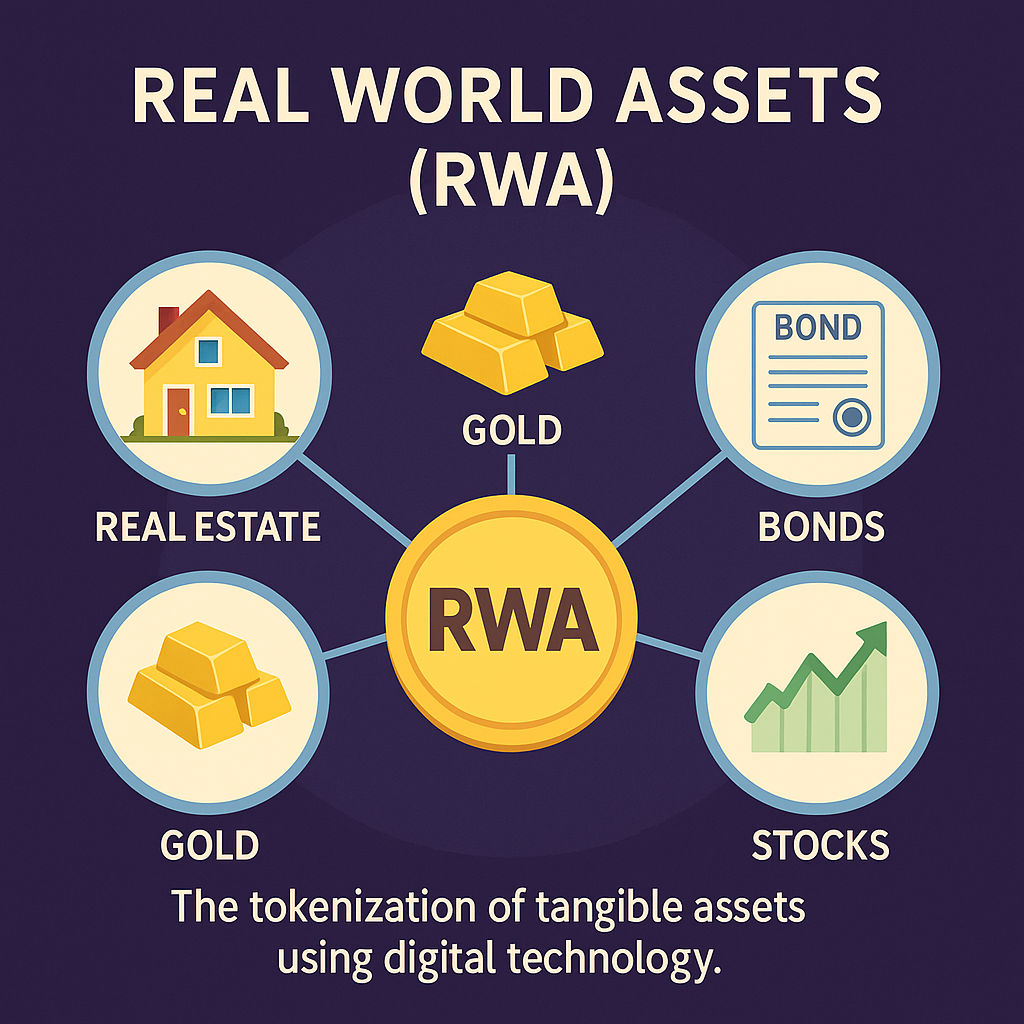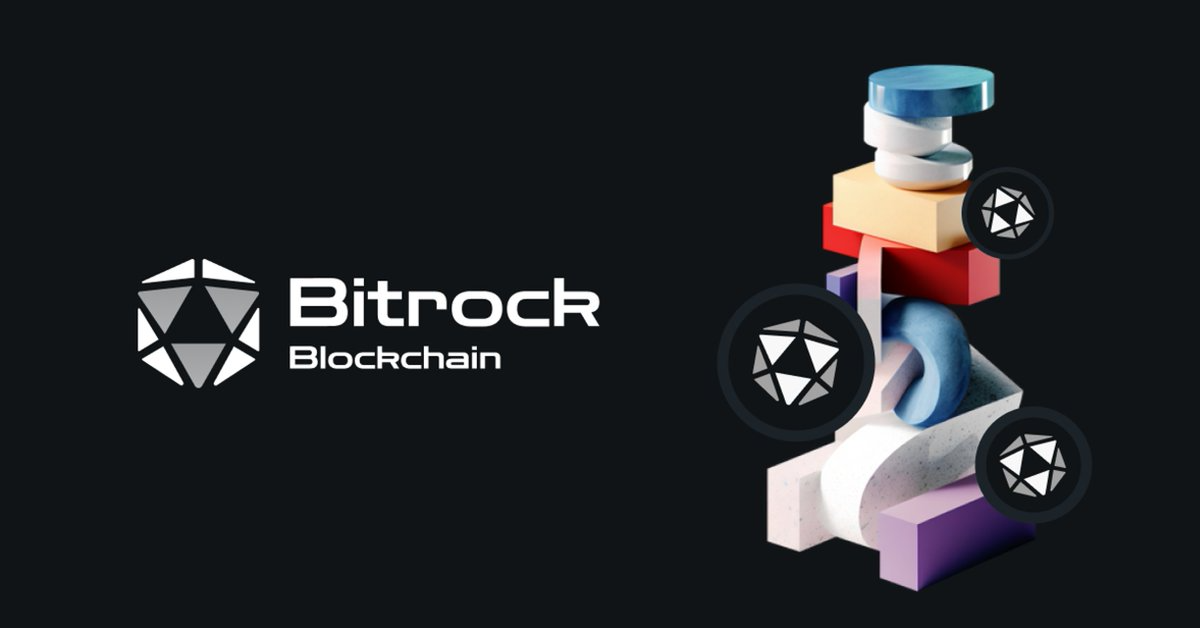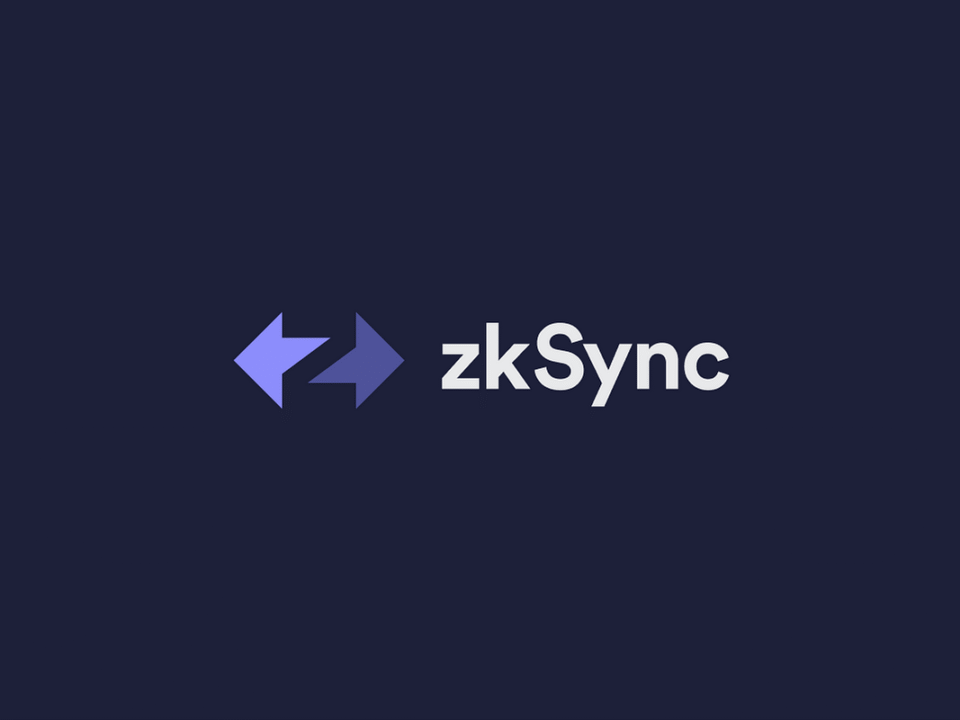
Top Ways to Work from Home in 2025 (No Experience Needed)
April 24, 2025
RWA
April 28, 2025Bitrock is a private blockchain project that has built a very fast Layer 1 network, thus reducing the impact, yet is compatible with Ethereum (meaning you can easily run Ethereum smart contracts on it).
Bitrock’s key features:
- An independent network (not just a currency on top of Ethereum, but a private blockchain).
- Supports multi-chain transactions without the need for bridges, making it more secure and faster.
- Gas fees are extremely low compared to Ethereum.
- It is compatible with the EVM (Ethereum Virtual Machine), so any project written in Solidity can easily migrate to Bitrock.
- They use the Proof of Authority (PoA) model or an improved form of it to make transactions faster and cheaper.
BROCK token USECASE :
- Pay gas fees on the network.
- Incentivize validators if a reward system is implemented later.
- It may be used for governance in the future, but for now the main focus is on the network and its speed.
Downsides of Bitrock (BROCK) :
- A relatively new project:
Bitrock is still a startup (launched approximately mid-2023), so:
- It does not yet have a large user network.
- The risks are high because it has a short history and has not been tested in harsh market conditions.
- Fierce Competition:
- In the world of Layer 1 Blockchains, competition is fierce (e.g., Ethereum, Solana, Avalanche, Aptos, Sui, etc.).
- Bitrock must establish itself among giants with experience, a strong community, and significant financial backing.
- Proof of Authority (PoA) Accreditation:
- PoA provides relative speed and security, but reduces decentralization.
- This means that only a small number of entities control the network, which may be a concern for crypto investors who value true decentralization.
- Low Liquidity:
- The BROCK coin has limited trading volume compared to larger projects.
- If someone wanted to sell large quantities, they might face liquidity issues (meaning the price could easily collapse).
- High Reliance on Partnerships:
- The network’s success depends largely on the number of projects building on top of Bitrock.
- Currently, the number of projects is still limited compared to networks like Polygon or Arbitrum.
- Danger of Replication:
- The idea of a “fast, cheap, Ethereum-compatible network” is already present in several successful projects.
- Bitrock must come up with something truly unique to succeed, otherwise it will simply be an improved version of existing solutions.
The opportunities for success, if exploited properly, could tip the scales in Bitrock’s favor
- Transaction Speed and Very Low Fees
- The network actually offers very high speed with virtually no fees, which is a huge draw.
- If they can partner with DeFi projects or Web3 games that require fast and cheap transactions, they could achieve widespread adoption.
- Fully Ethereum Compatible (EVM-Compatible)
- Any project built on Ethereum can easily migrate to Bitrock without the need to reprogram smart contracts.
- This makes Bitrock attractive to any project struggling with high Ethereum gas fees.
- Opportunity to Target New Emerging Markets
- If they focus on emerging crypto markets (such as South America, Africa, and Southeast Asia), they could gain a strong foothold there before the major networks.
- Small ecosystem = opportunity for rapid growth
- Since the network is relatively small, building an ecosystem (dApps, DeFi, NFT marketplaces) early can enable rapid growth before competition becomes too intense.
- Increasing decentralization in the future
- If they evolve the network from Proof of Authority to Proof of Stake or a hybrid system, they could gain the trust of the crypto community, which loves decentralization.
- Growing interest in multi-chain solutions
- The crypto world is moving toward multi-chain and cross-chain solutions.
- Bitrock offers bridgeless multichain transactions, a feature that, if promoted properly, could make them a leading project in this field.
Conclusion
- Bitrock is a project building a fast, low-fee, Ethereum-compatible Layer 1 network. Its native token is BROCK.
- Bitrock has technical strengths, but it is still small. Liquidity risks exist, competition is intense, and it must quickly establish itself or innovate new solutions to survive.
- If Bitrock focuses on bringing in new projects, improving decentralization, and aggressively marketing, especially to emerging crypto communities, it has a chance to transform from a small project into a significant player in the market within a year or two.



